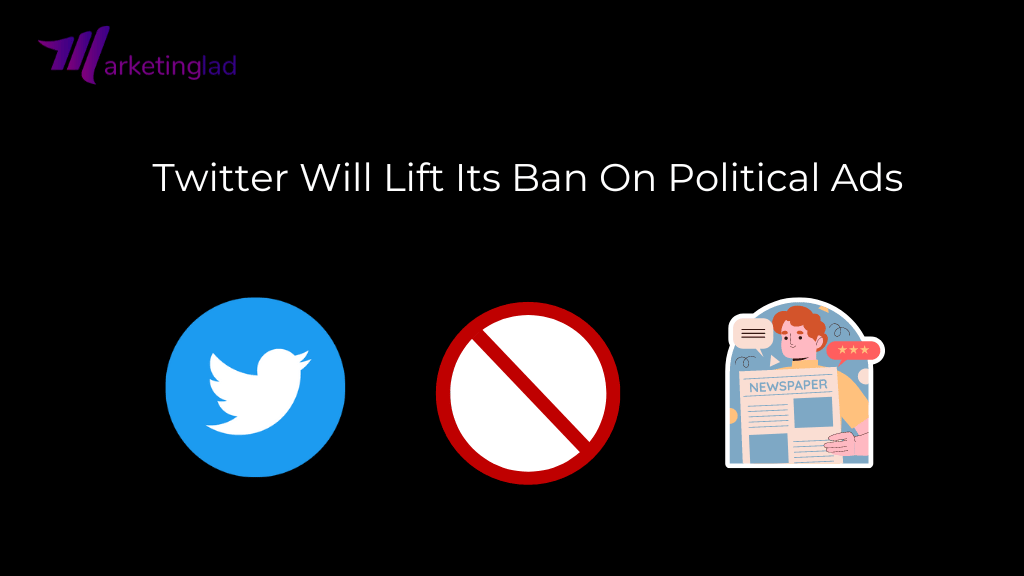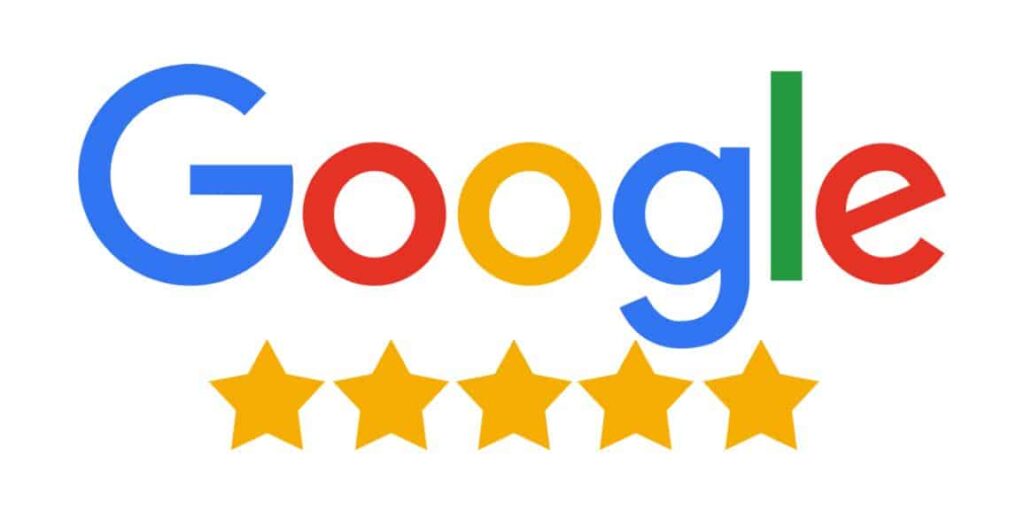Twitter says it will soon relax its three-year-old prohibition on political advertising. Twitter is struggling to earn money as many major advertisers continue to stay away from the platform.
The business has said that it will loosen its rules for commercials that promote topics like abortion and climate change.
The Twitter Safety account stated on Tuesday that it “believes cause-based advertising may stimulate public conversation around vital problems.” “Today, we’re easing the restrictions on cause-based advertisements in the US. In the upcoming weeks, we also intend to increase the amount of political advertising we allow.
A tweet noting that moving to the future, the business will “match our advertising policy with those of TV and other media sources” was the only additional information provided. As with any modification to a policy, we’ll start by making sure that Twitter users are protected by how we assess and approve content. More information will be revealed as this project develops.
However, the Twitter ads policy page has been modified to state that the current limitations on those ads no longer apply to cause-based advertisements that only target Americans. These limitations prevent this advertising from geo-targeting at the zip code level, only at the state, province, or regional level. They forbid the majority of other targeting methods as well, while keyword and interest targeting is permitted so long as the ads don’t contain words like “liberal” or “conservative,” which are connected with political content, prohibited sponsors, or political leanings or affiliations.
In November 2019, Twitter banned any paid promotion of material by candidates, political parties, public figures, political action committees (PACs), and certain political NGOs due to the widespread false information on social media in the run-up to the 2020 election.
Political message reach should “be earned, not bought,” according to the company. Jack Dorsey, who was CEO at the time, noted that “Internet political ads bring whole new obstacles to civic discourse: machine learning-based optimization of messaging and micro-targeting, unchecked inaccurate information, and deep fakes. All at an astonishing pace, level of intelligence, and speed.
In any case, Twitter didn’t carry much political advertising (less than $3 million for the 2018 midterm elections).
Other significant social media platforms did not soon follow suit. But Facebook imposed such a restriction just before and after the 2020 presidential election, removing it in March 2021. Facebook also provided users with the option to restrict political advertising.

Due to brand safety concerns raised by the new owner Elon Musk’s numerous adjustments and reverses of account verification requirements, significant layoffs, and other erratic actions, over half of Twitter’s biggest advertisers have ceased advertising on the platform.
As to be expected, users’ reactions to Twitter’s announcement about easing its policies on political and cause-related ads ranged from jubilation (“Excellent”) to predictions that users “can now expect political ads with lies in them,” to demands that Musk keeps his promise that no policy changes would be made without first consulting users, to calls for users to block all political ads.





